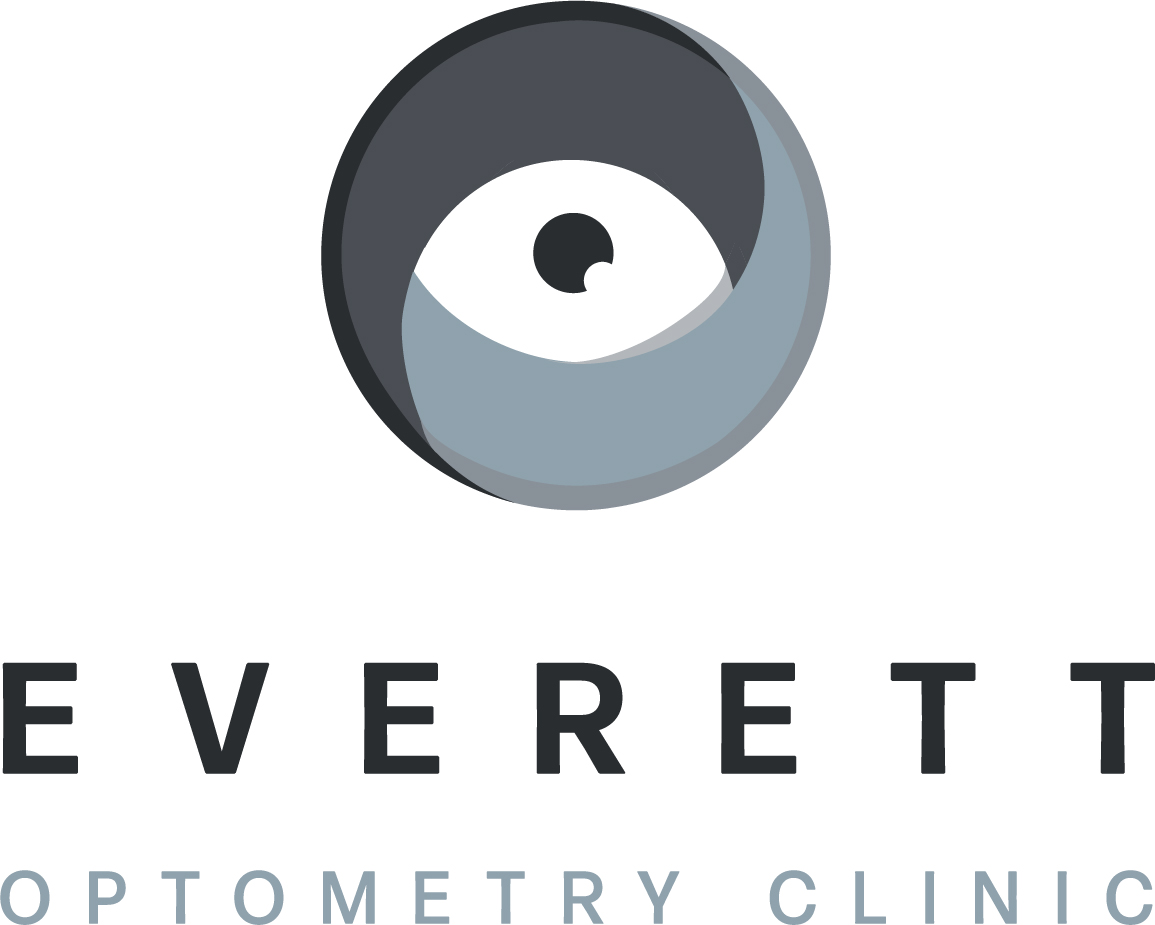Comprehensive Eye Exams in Everett
Taking care of your eyes is essential for your overall health and well-being. One crucial aspect of this is regular eye exams. These exams are not just about vision correction; they also play a crucial role in identifying early signs of eye diseases and conditions, which can lead to vision loss if left untreated.
By requesting regular eye exams, you're taking a proactive step towards preserving your vision and overall eye health for years to come.

What Happens During An Eye Exam?
During an eye exam, one of our eye doctors will check for common eye diseases, such as glaucoma, cataracts, and macular degeneration. These diseases often develop without symptoms, so early detection and treatment are essential.
In addition to checking for eye diseases, your doctor will also assess how your eyes work together as a team and evaluate your eyes as an indicator of your overall health. For example, changes in the retina and the blood vessels at the back of the eye can be a sign of diabetes or high blood pressure.
What An Eye Exam Entails
A comprehensive eye exam includes a variety of tests, such as:
- Vision tests to measure your acuity (sharpness) and peripheral vision
- Refraction tests to determine your prescription for glasses or contact lenses
- Tests to evaluate the health of your cornea, lens, retina, and optic nerve
Eye care experts recommend that individuals have a comprehensive eye exam every two years. If you have any risk factors for eye disease, such as a family history of eye disease, diabetes, or high blood pressure, you may need more frequent exams.

Eye Exams For Children
Vision problems are common in children, affecting up to 25% of school-aged kids. That's why having your child's eyes examined early and often is so important.
The American Optometric Association (AOA) recommends that all children have their eyes examined at six months, at age three, and again at the start of school to detect any vision problems early when they are most treatable.
Children who don't have any vision problems or risk factors should continue to have their eyes examined annually throughout school.
However, children with existing vision problems or risk factors should have their eyes examined more frequently. Common risk factors for vision problems in children include:
- Premature birth
- Developmental delays
- Turned or crossed eyes
- Family history of eye disease
- History of eye injury
- Other physical illness or disease
InfantSEE: Helping Parents Help Kids
InfantSEE is a public health program providing a no-cost comprehensive eye and vision assessment for infants six to 12 months old, regardless of a family's income or insurance coverage.
What Happens During an InfantSEE Assessment?
A doctor of optometry will check your child's vision and eye health, including:
- Eye movement ability: The doctor will check your child's ability to follow objects with their eyes and focus on different distances
- Eye health problems: The doctor will look for any signs of eye health problems, such as cataracts, glaucoma, or strabismus (crossed eyes)
- Refractive errors: The doctor will check for refractive errors, such as nearsightedness, farsightedness, and astigmatism

Why is InfantSEE Better Than a Vision Screening?
A vision screening is a quick test that checks for basic vision problems. However, a vision screening can miss up to one-third of children with an eye or vision disorder. InfantSEE provides a more comprehensive assessment that uses specialized equipment and procedures at no charge.
Eye Exams for Adults
The AOA recommends an annual eye exam, regardless of age or health. However, some people may need more frequent exams, such as adults with diabetes, high blood pressure, or other chronic health conditions.
As we age, our eyes also change. That's why adults over 40 should have their eyes examined every one to two years, and adults over 60 should have their eyes examined annually. This checks for common age-related eye problems such as presbyopia, cataracts, and macular degeneration.
